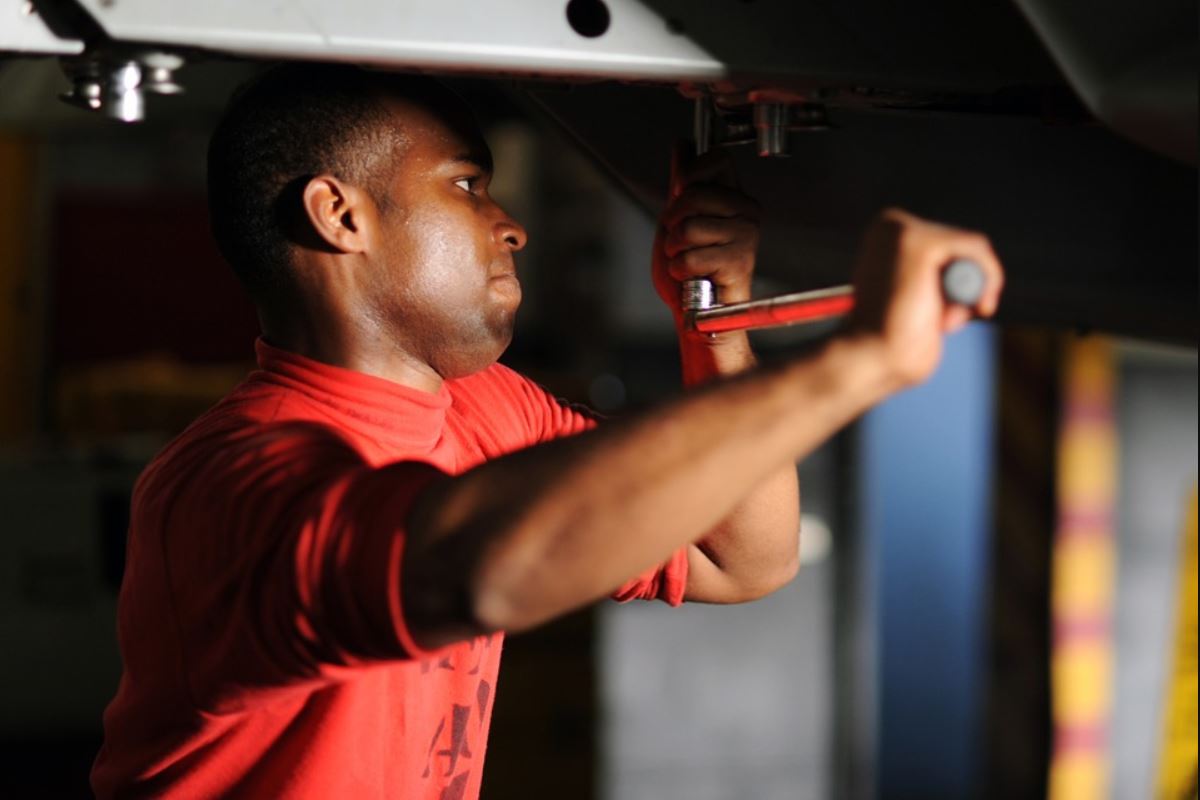What is maintenance? Definition and examples

Maintenance is the process of maintaining something or somebody. It may mean the state of being maintained. The term also refers to looking after somebody financially, i.e., the provision of financial support for a person and specifically, providing them with living expenses.
In business and everyday life, the term Maintenance Expenses refers to the amount of money one spends keeping something in good working order or good condition.
Cambridge Dictionary defines maintenance as “the work needed to keep a road, building, machine, etc. in good condition.”
Ongoing maintenance expenses when owning a car

When considering, for example, what car to buy, we should not only focus on its sale price. We should also take into account its ongoing maintenance expenses.
Don’t opt for leasing a car because you assume that you don’t have to pay for maintenance. Your assumption might be wrong. In most car leasing contracts, the leaseholder also must pay to keep the vehicle in working condition.
Sometimes, it is more costly to buy your own home than to rent one. The main reason is the cost of maintaining the property in good condition.
Four types of maintenance
There are four main types of maintenance.
-
Preventive maintenance (PM)
PM involves periodically inspecting, for example, a factory’s machinery, and fixing small problems before they develop into major ones.

The main aim in PM is for the machine, device, or equipment to make it from one scheduled service to the next without any major failures. Specifically, failures that neglect, fatigue, or normal wear might cause.
-
Scheduled maintenance (SM)
SM is a scheduled service that a competent individual carries out to make sure that something is operating correctly. With regular SMs, equipment is less likely to break down unexpectedly. SM is pre-planned.
When you buy a new car, the seller will tell you when to bring it in for a service. This is an example of SM. If you don’t take your car for its scheduled services, its depreciation will accelerate, i.e., its value will decline more quickly.
-
Predictive replacement (PR)
PR refers to the replacement of something that is still working. In most cases, there are tax benefits.
According to Wikipedia:
“Usually it’s a tax-benefit based replacement policy whereby expensive equipment or batches of individually inexpensive supply items are removed and donated on a predicted/fixed shelf life schedule. These items are given to tax-exempt institutions.”
-
Condition-based maintenance (CBM)
CBM refers to carrying out maintenance when the need arises. In most cases, people opt for CBM when one or more indicators show that a device is going to fail.
When the performance of something in, for example, a factory, is deteriorating, the factory manager may opt for CBM.
Wikipedia says that CBM “was introduced to try to maintain the correct equipment at the right time. CBM is based on using real-time data to prioritize and optimize maintenance resources.”
Etymology of maintenance
Etymology is the study of the origin of words and how their meanings and structures evolved.
The term maintenance appeared in the English language in the mid-fourteenth century. At the time, it meant “wrongful interference in others’ lawsuits by a lord or his followers.”
It came from the Old French word maintenance, which meant “upkeep, shelter, protection.”
The word has meant “financial provision or support” since the late fourteenth century.
It wasn’t until early in the fifteenth century that the word also meant “action of upholding or keeping in good order.”
MRO Items (maintenance, repair, operations items) are materials and products that companies buy for maintenance, carrying out repairs, and making things. However, MRO items do not end up as part of a finished product. A welder uses gloves and a mask when making a metal table frame. However, the mask and gloves are not part of the table frame. Therefore, they are MRO items.
“Maintenance,” a derivative of “maintain”
From the English root word “maintain,” there are many derivatives. Let’s have a look at them, understand their meanings, and see how they can be used in a sentence:
-
Maintain (verb)
To keep in an existing state or preserve from failure or decline.
Example: “It’s important to maintain your car regularly to avoid breakdowns.”
-
Maintaining (present participle) (verb)
The act of carrying out maintenance.
Example: “She is maintaining a steady pace to complete the marathon.”
-
Maintained (past participle) (verb)
Kept in good condition.
Example: “The park is well-maintained by the local community.”
-
Maintenance (noun)
The act of maintaining or the state of being maintained.
Example: “Regular maintenance is crucial for the longevity of the machinery.”
-
Maintainer (noun)
A person who maintains something.
Example: “As the maintainer of the website, he ensures all links work correctly.”
-
Nonmaintenance (noun)
Lack of maintenance.
Example: “The equipment’s failure was due to nonmaintenance.”
-
Maintenancer (noun)
A person who performs maintenance tasks. (Note: Non-standard usage)
Example: “The building’s maintenancer was quick to fix the issue with the heating system.”
“Maintenancer” is not a standard English word, and a more commonly accepted term would be “maintenance worker” or “maintenance technician.”
Example: “The maintenance worker promptly addressed the electrical faults that were reported.”
-
Maintainability (noun)
The quality of being maintainable.
Example: “The maintainability of this software makes it a favorite among developers.”
-
Maintainable (adjective)
Able to be maintained.
Example: “The software is user-friendly and easily maintainable by the IT team.”
-
Unmaintained (adjective)
Not maintained; neglected.
Example: “The unmaintained building quickly fell into disrepair.”
-
Maintenance-free (adjective)
Not requiring maintenance.
Example: “They installed a maintenance-free battery in the vehicle.”
-
Self-maintained (adjective)
Maintained by oneself or itself without external help.
Example: “The self-maintained garden uses a clever irrigation system.”
Video – What is Maintenance
This video presentation, from our sister channel on YouTube – Marketing Business Network, explains what ‘Maintenance’ means using simple and easy-to-understand language and examples.

